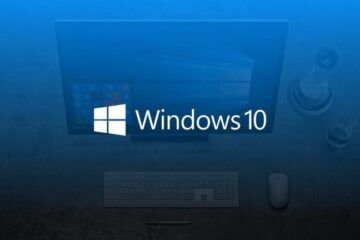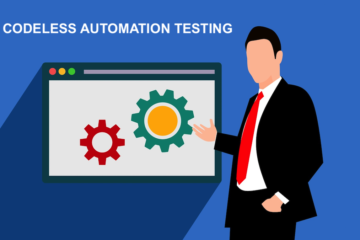In an era dominated by technological advancements, the landscape of memory techniques for senior citizens has undergone a significant transformation. As our population ages, understanding and enhancing memory function in seniors have become paramount. Modern technology has played a pivotal role in unraveling the mysteries of memory and has introduced innovative tools and techniques to support cognitive health in older adults. In this article, we explore how cutting-edge technologies contribute to the understanding and improvement of senior citizen memory techniques.
Understanding Memory in Seniors
Before delving into modern technology’s impact, it’s crucial to grasp the changes that occur in memory as individuals age. Cognitive decline is a natural part of the aging process, and seniors may experience challenges in memory retention, recall, and overall cognitive function. Factors such as genetics, lifestyle, and health conditions can influence the rate and severity of cognitive decline. This makes the exploration of effective memory techniques for seniors a vital area of research.
Technological Advances in Cognitive Assessment
Modern technology has provided sophisticated tools for assessing cognitive function in seniors. Computerized cognitive tests and brain imaging techniques, such as functional magnetic resonance imaging (fMRI) and positron emission tomography (PET), allow researchers and healthcare professionals to gain insights into the brain’s structure and activity. These assessments help identify areas of concern and provide a baseline for monitoring cognitive changes over time.
Cognitive Training Apps and Games
The surge in smartphone and tablet usage among seniors has given rise to a plethora of cognitive training apps and games designed to stimulate and challenge the brain. These apps often include memory exercises, puzzles, and games that engage various cognitive functions. Through regular use, seniors can enhance memory, attention, and problem-solving skills. Notable examples include Lumosity, Peak, and Elevate, which tailor activities to individual needs and preferences.
Virtual reality is emerging as a powerful tool for memory enhancement in seniors. VR simulations can recreate environments from the past, fostering reminiscence therapy and stimulating memory recall. For instance, a senior might virtually revisit a place significant to them, triggering memories and emotions. This immersive approach holds promise in providing a multisensory experience that positively impacts memory and overall cognitive well-being.
Wearable Technology for Monitoring and Intervention
Wearable devices, such as smartwatches and fitness trackers, are not only popular for monitoring physical health but are also becoming integral in assessing cognitive health. These devices can track sleep patterns, physical activity, and even detect changes in heart rate variability, offering valuable insights into overall well-being. Some wearables also feature cognitive games and prompts designed to engage seniors in regular mental exercises.
ALTCS and Memory Care
The Arizona Long Term Care System (ALTCS) plays a crucial role in providing support for seniors, especially those dealing with cognitive challenges. ALTCS offers a range of services, including in-home care, assisted living, and nursing facility care. Memory care, specifically designed for individuals with Alzheimer’s disease and related dementias, is an essential component of ALTCS. The program recognizes the unique needs of seniors with memory issues and strives to provide comprehensive and specialized care.
Conclusion
As we navigate the complexities of memory techniques for senior citizens, modern technology stands as a beacon of hope. From cognitive training apps to virtual reality experiences, these innovations offer diverse approaches to enhancing memory and cognitive function in older adults. The integration of technology in assessing, monitoring, and intervening in cognitive health reflects a promising future where seniors can age with dignity and maintain optimal mental well-being. With programs like ALTCS recognizing the importance of specialized memory care, the synergy between technology and healthcare is paving the way for a brighter and more supportive future for our aging population.
Stay in touch to get more updates & news on Gossips!




